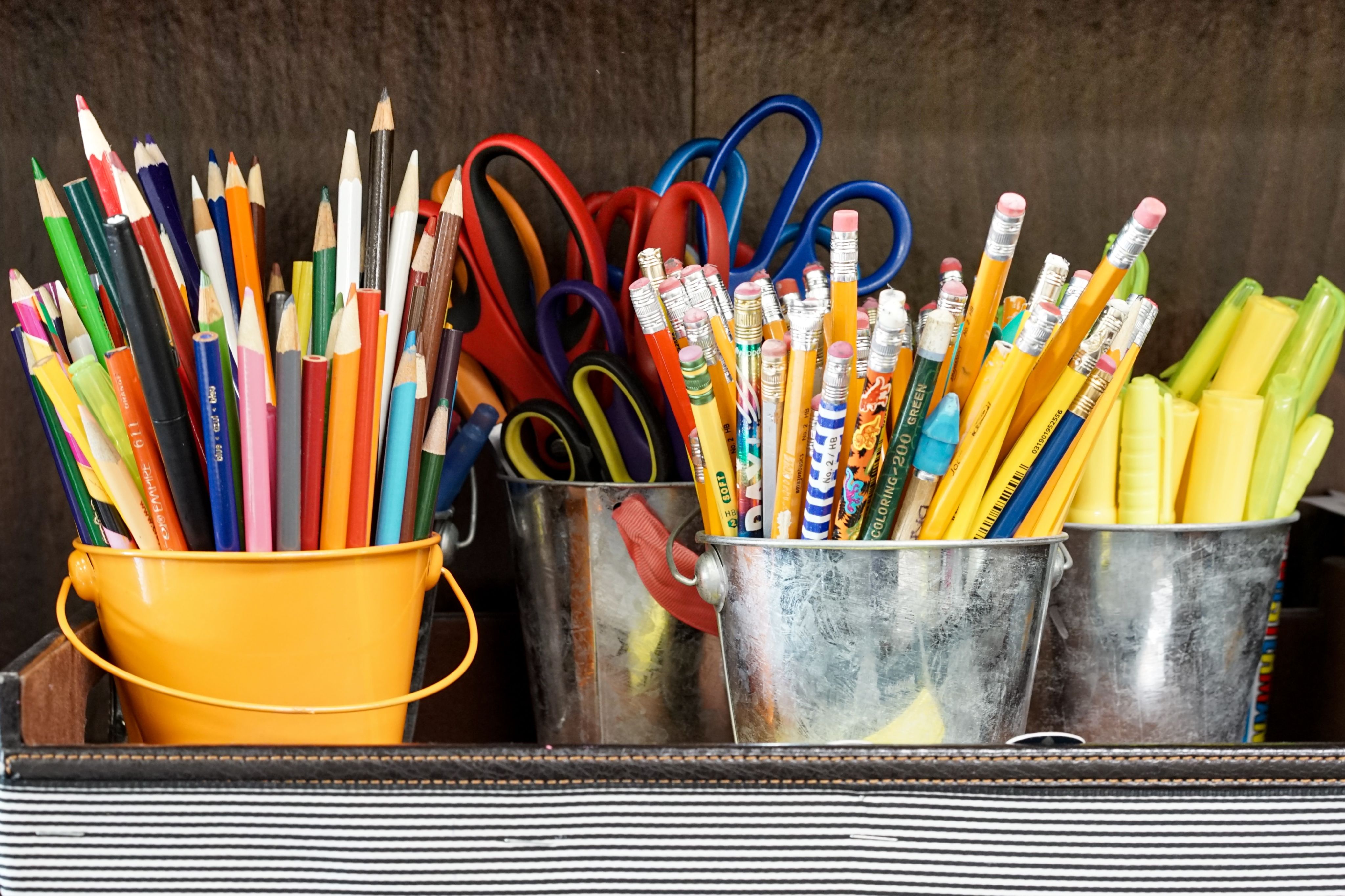Special Education Needs:
Learning Disabilities

While some of us have fond memories of school and all we learned, that may not be the case for others. For some specifically, school wasn’t a place to learn more or make friends. Instead, it was an incredibly stressful experience.
Maybe it was lines of letters which refused to make sense or numbers that twisted at every turn. Maybe it was classes that lasted for hours (except for that one favourite class which always went by in the blink of an eye). Maybe you had thought that you just couldn’t learn at all, when in fact, you were struggling with a learning disability.


Learning disabilities are usually caused by genetic/neurobiological factors. These alter the functioning of a brain, and affect cognitive processes related to learning. TLDR; learning disabilities occur because your brain is wired to process things differently.
This does not mean that you are unable to learn at all. It just means that you need to use different strategies to make sense of what you’re learning. A few examples of learning difficulties (which some of you may already be familiar with) include:
Dyslexia
Affects reading & related language-based skills
Dyslexia is characterised by an inability to accurately recognise words and letters- affecting one’s reading, writing and spelling. People struggling with dyslexia find it difficult to recognise words and letters, and can confuse similar looking letters with each other- for example: b & d, or p & q.
Another issue is finding it difficult to connect the letter they see to the sounds the letters make. This also affects word recognition and/or fluency in reading and writing.


Dyscalculia
Affects a person’s ability to understand numbers & learn math related facts.
Dyscalculia is a disorder which affects mathematical skills. People with dyscalculia often have a hard time understanding numbers and related concepts- for instance they may find it difficult to understand basic mathematical facts, despite hours of studying.
They may also find it hard to remember most mathematical procedures, particularly as they get more complex (i.e. long division). Instead, they stick to the simplest operations possible, like addition or counting to a certain number, and avoid others
Dysgraphia
Affects a person’s ability to write and fine motor skills
Put simply, people with dysgraphia have trouble writing. Experts view dysgraphia as a disorder which affects an individual’s transcription skills- this includes handwriting, typing and spelling.
As a result, dysgraphia also affects how said individuals can express themselves through writing.

Something important to understand about learning disabilities is this: children and students who have these disorders do NOT have anything wrong with them.
There are methods and accommodations which can be used to help overcome difficulties caused by these disorders- students and parents alike only need to be willing to acknowledge these difficulties, so that they can explore possible alternatives and accommodations.
“Every child has a different learning style and pace. Each child is unique, not only capable of learning, but also capable of succeeding.”- Robert John Meeham.